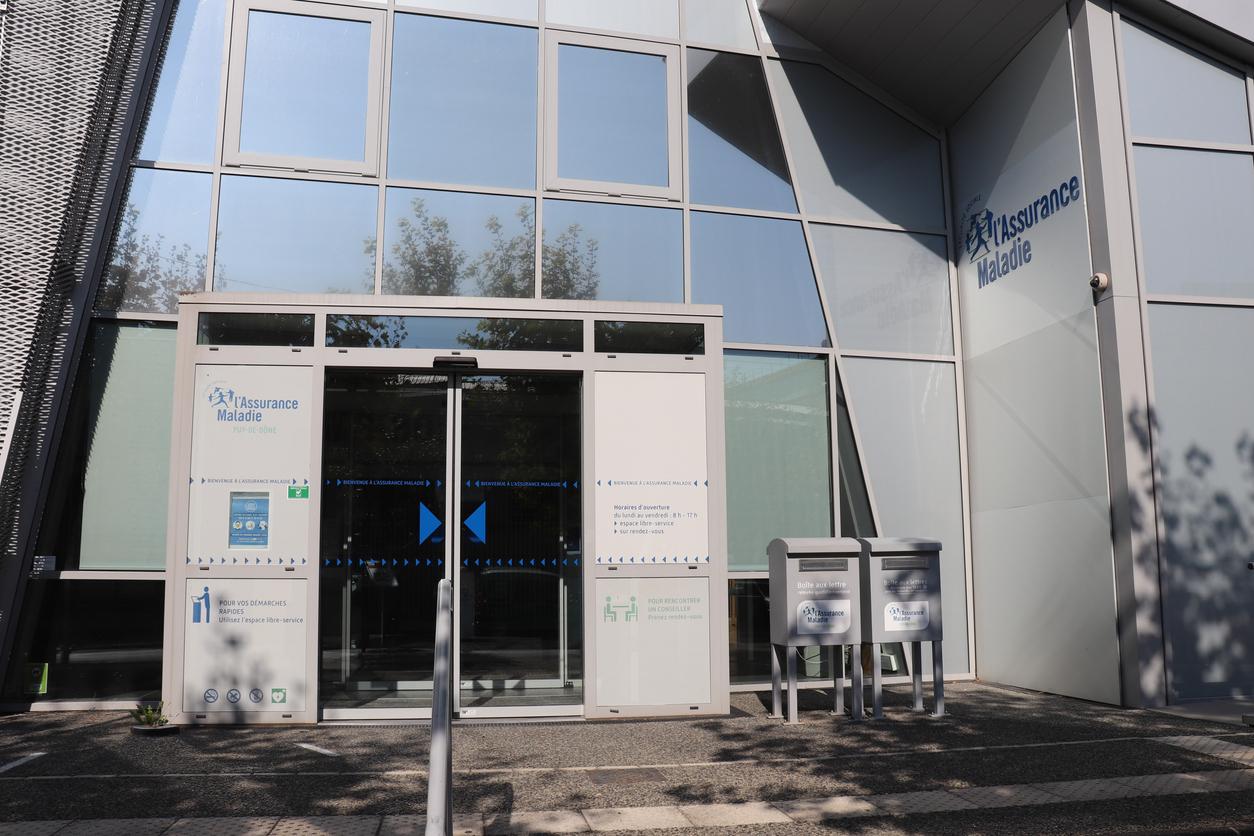As the seven candidates for the primary from the left begin the home stretch, two health experts throw a stone into the pond “against the mainstream of thought”, they warn. In a column published by the newspaper The worldMartin Hirsch and Didier Tabuteau propose to create universal health insurance.
The director of the AP-HP and the head of the health chair at Sciences Po (Paris) start from a simple observation: “Social Security spends 6 billion euros per year in management costs, as much as the whole mutuals”.
By merging the two structures, substantial savings could be reinjected into a single system and make it more efficient.
Not that the current regime is on the brink. With 11% of the national wealth devoted to health, France is in the good European average, they recall. Life expectancy is high and “the performance of our health system is among the best”.
But, according to these specialists, the future is dark. Social and territorial inequalities in access to care are widening and “contradictory tensions” are rising between the needs of patients, financial constraints and the aspirations of professionals.
Today, health insurance supports 77% of the expenditure and complementary 14% with, respectively, 4% of management cost for the first and 19% for mutuals and insurers. That is, for the same patient file, “hundreds of millions of administrative operations carried out in duplicate”.
For Martin Hirsch and Didier Tabuteau, the merger of these “two floors” would make it possible to halve management costs and therefore save 6 billion euros per year while improving access to care.
Incidentally, the two signatories remove the excess fees by increasing the fees of doctors. And to empower policyholders in a system that fully supports them, each patient would be asked to pay a few euros for each medical appointment not honored.
This reform would be carried out over a period of five years, in particular to integrate part of the complementary staff “into the Health Insurance teams, which will experience significant retirements within five years”. And it would be put to a referendum.
It remains to be seen how to avoid in this project of “integral social security” the pitfalls of a nationalized system, like that of Great Britain. With patient waiting times running into months and an overstretched private sector, the NHS is now on the brink of bankruptcy.















